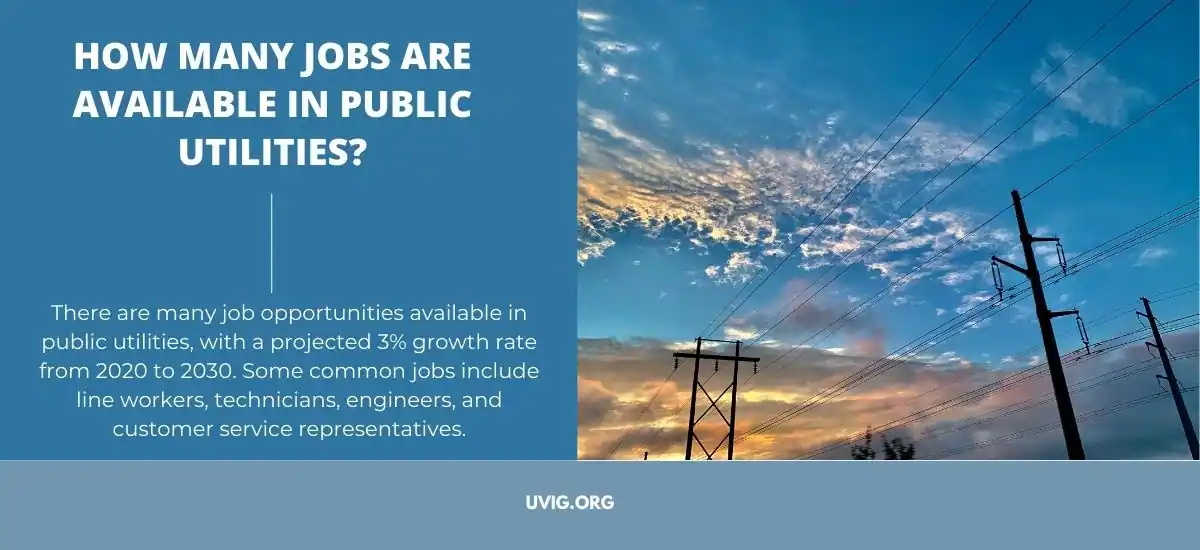Public utilities, such as water, gas, and electricity, play a vital role in our daily lives. These essential services require a skilled workforce to operate and maintain the infrastructure necessary to provide them. If you’re interested in a career in public utilities, you might be wondering, “How many jobs are available in this field?”
The answer is: there are many opportunities available in public utilities! In fact, the demand for skilled workers in this industry is growing rapidly.
According to the Bureau of Labor Statistics, employment in utilities is projected to grow 3% from 2020 to 2030, which is on par with the average growth rate for all occupations.
Some of the most common jobs in public utilities include line workers, technicians, engineers, and customer service representatives. However, there are many other positions available, ranging from administrative roles to management positions.
In the following paragraphs, we’ll take a closer look at some of the most popular career paths in public utilities and what you can expect from each one.
1) Electrician

This is one of the highest-paying public utility occupations. An electrician operates, administers, and repairs the public utility companies’ electrical equipment and systems. These corporations are responsible for the electricity and lighting in our homes and offices.
In addition to being one of the highest-paying occupations in the public utility sector, this position is also quite demanding and, as such, pays well.
To become an electrician in the public utility business, one must successfully finish the training periods and the journeyman electrician examination. The examination is required, but the apprenticeship is also vital. An electrician can earn between $60,000 and $90,000.
2) Journey Lineman

This is the second-highest paying position available in public utilities. A Journey Lineman in a public utility business manages, maintains, and repairs the electrical lines or wires that deliver electricity to people’s homes and workplaces.
In addition to being physically hard, the profession is exceedingly dangerous; thus, it pays well.
- A journeyman lineman in the utility sector must have a high school diploma or equivalent.
- Must complete a training program
- Required must have four years of experience
- The annual salary ranges from around $70,000 to $100,610.
Check More- Is Metal Fabrications A Good Career Path?
3) Meter Reader
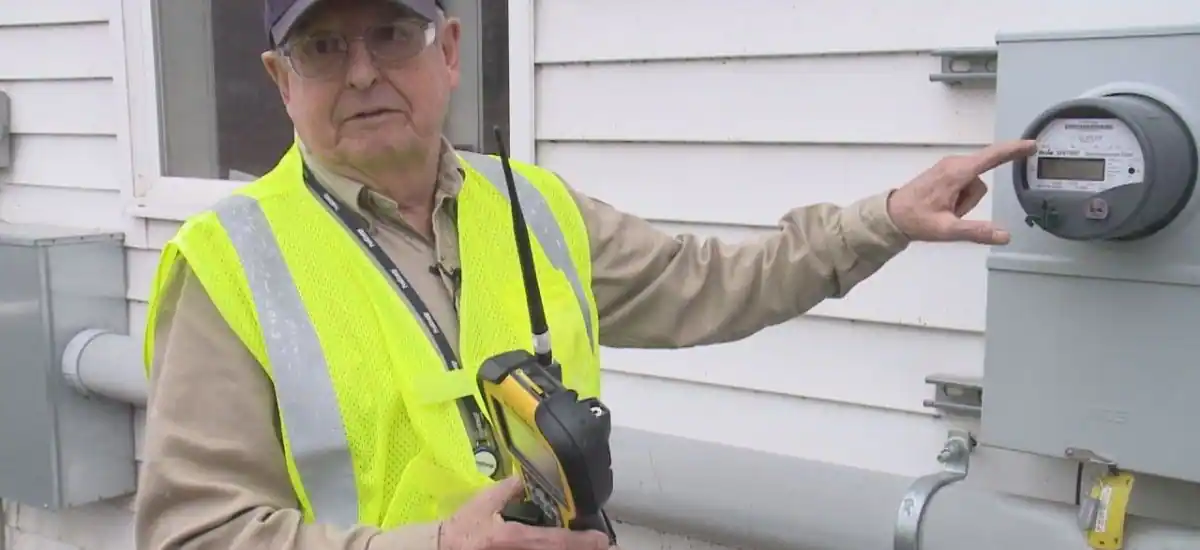
A meter reader’s responsibility is to record the meter reading to maintain a record of the power usage, including that of electricity, water, and natural gas. It is one of the most popular positions in the public utility industry since it aids businesses in accurately billing customers.
A high school diploma or its equivalent is required to become a meter reader. Individuals must complete on-the-job training. The average yearly pay of a meter reader is approximately $60,000.
4) Installer of Solar Energy Systems

This is the most desired and highest-paying position in public utilities. The job includes installing solar panels and other technological equipment that converts sunlight into power efficiently.
The job is physically and mentally taxing. The applicant must possess a high school diploma or equivalent to qualify for the position.
Numerous career prospects are available for this position, as the demand for solar panels is expanding rapidly. The average annual wage is approximately $50,000.
5) Power Systems Engineer

The highest-paying jobs in public utilities are primarily with electric utilities. A power Systems engineer’s responsibilities include designing, analyzing, and operating power systems and other associated equipment. The tasks include electricity production, transport, and consumption.
The power Systems Engineer is responsible for resolving any problems with electrical systems and enhancing the efficiency of existing power systems.
Bachelor’s degrees in electrical engineering and related subjects are required as a bare minimum qualification. A valid engineering license is required. The average national salary is roughly $90,000 per year.
6) Electrical Engineer

A public utility company’s electrical engineers are responsible for electrical engineering work by planning and constructing electrical systems. In addition, the engineer is accountable for supervising and coordinating the building of electrical systems for power plants, electrical distribution networks, etc. This occupation requires a high level of competence and accuracy.
A bachelor’s degree in electrical engineering is required of the candidate. A valid engineering license is required. The annual pay is approximately 160 000 USD.
7) Project manager

A project manager for a public utility company is responsible for managing, directing, and planning the building of transmission lines, distribution networks, and power plants. An engineering bachelor’s degree is required for this profession.
A license as an engineer is essential. Additionally, a six sigma black belt qualification is preferred. The annual pay is approximately $190,000.
8) Radiation Engineer
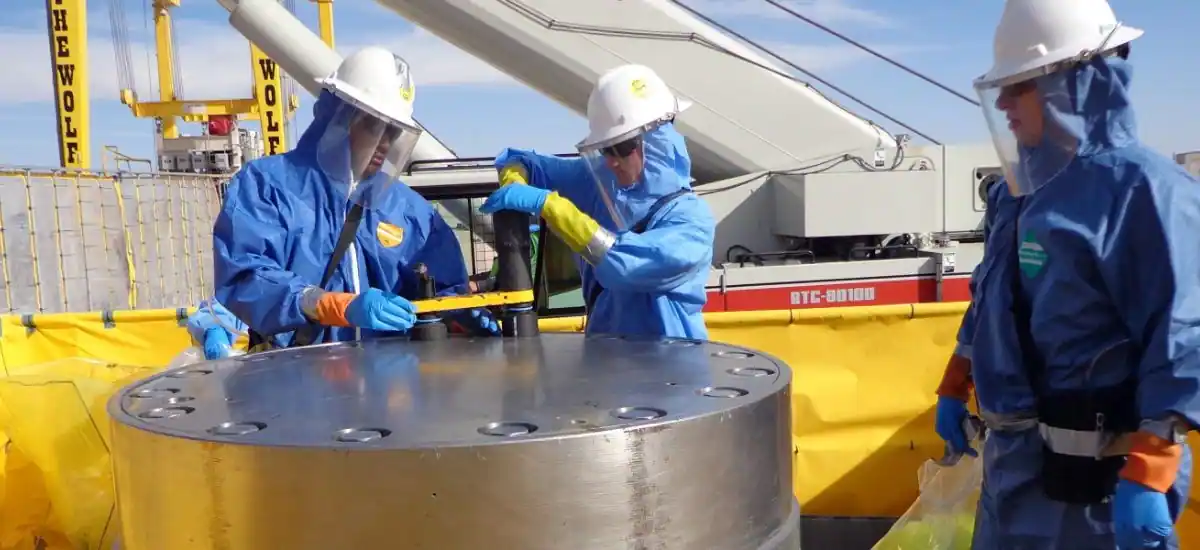
In a public utility firm, a radiation engineer is responsible for developing and supervising the radiation safety program for multiple nuclear reactors. It is a job that is exceedingly hazardous and consequently pays a substantial income.
A bachelor’s degree in engineering and a license to practice as an engineer is required. The annual pay is approximately $200,000 on average.
Also Refer :
9) Water Superintendent
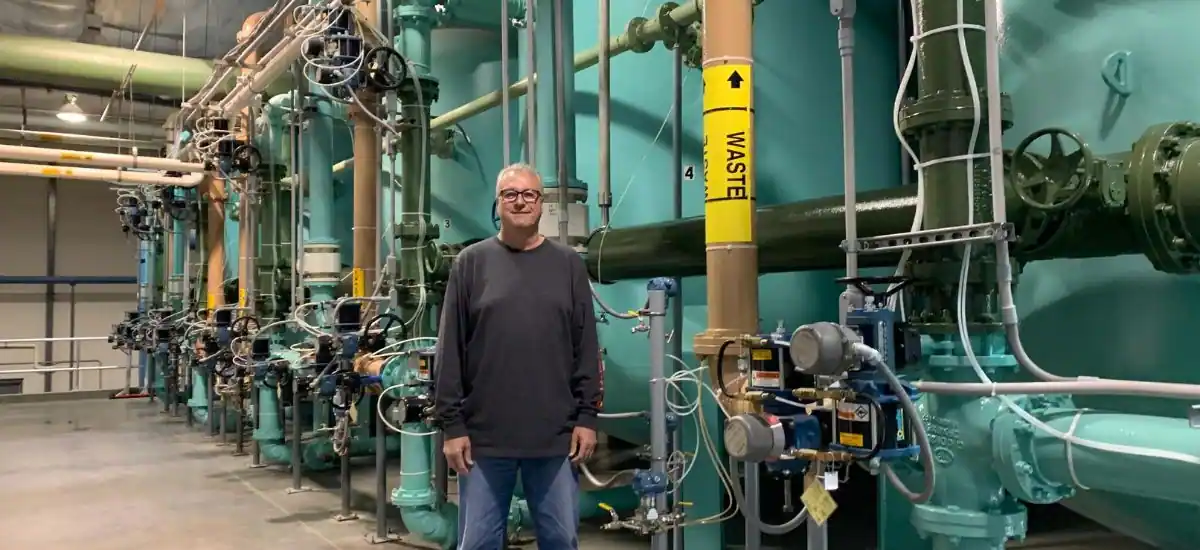
A water superintendent in a public utility company is responsible for developing and supervising the water resource program for the many power plants. An equivalent to a high school diploma is necessary. Must have experience working in water treatment facilities. The annual pay is approximately 120,000 USD.
10) Control Room Supporter

In public utility companies, a control booth supporter manages, operates, and maintains the equipment and machinery in the multiple power plant control centers. To qualify for the utility control booth operator position, a high school diploma or its equivalent is required.
The candidate must have operational expertise with electrical equipment and knowledge of electrical power distribution networks. A utilities control room operator earns approximately 150,000 USD annually.
Water and Sewage Utilities Sector
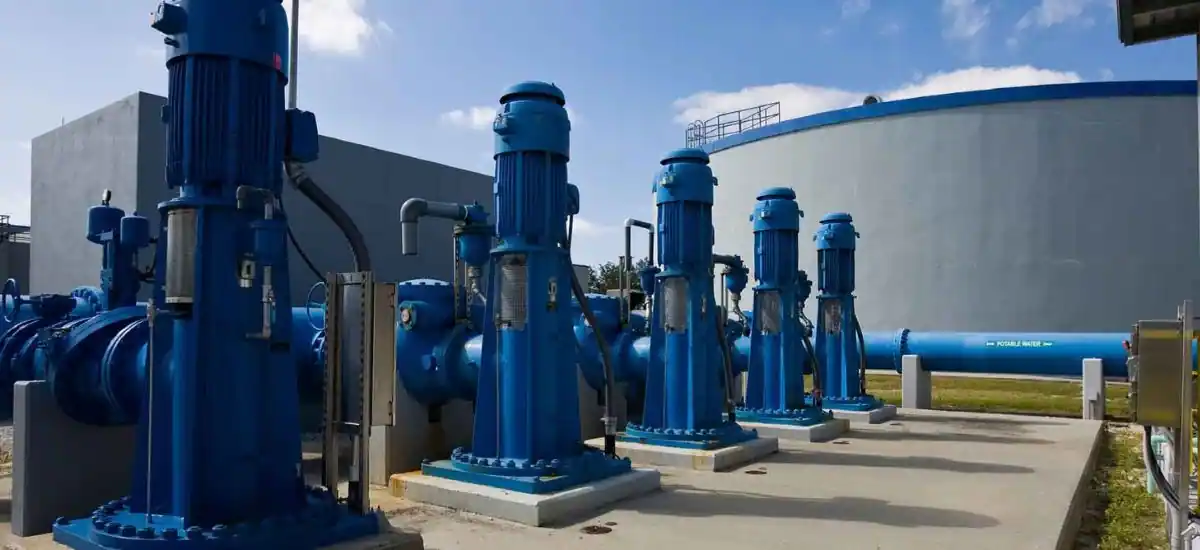
In the United States, sewage cleanup is yet another significant industry. Numerous companies are operating in this industry, and each plays a unique function.
The sector is responsible for collecting and treating residential and commercial wastewater before discharging it directly into the ecosystem. This technique is vital for maintaining the cleanliness and health of our water resources.
The sewage removal industry is a vast enterprise that employs tens of thousands nationwide. This sector is responsible for constructing and maintaining wastewater treatment plants and collecting and disposing wastewater.
They also collaborate with local governments to ensure legislation compliance and public health protection.
Due to advances in technology and stronger restrictions, the sewage removal industry is in a perpetual state of evolution. Businesses are always searching for methods to enhance their operations and lessen their environmental effect.
Read More :
Electric Power Utilities Sector

Electricity is a need in today’s society. It provides electricity to our homes, companies, and industries. We have a public utility system in the United States to ensure everyone has access to power.
The state and federal governments regulate the electricity generation industry to guarantee that consumers can access affordable, dependable services.
In the United States, the electric power industry has three primary areas: generation, distribution, and marketing.
Generation of Electricity: Electricity is generated in power plants using several energy sources, including coal, natural gas, nuclear fission, hydroelectricity, and solar energy. More than 172,000 Americans will be employed in the electricity generation sector in 2020.
Transmission & Distribution Services: The electricity transmission business is integral to society, providing residents and businesses with transmission and distribution services. They also distribute the electricity they sell to other businesses, which utilize it in their facilities or resell it at a greater price.
Natural Gas Utilities Sector

Did you know that the United States consumed approximately 30.5 (Tcf) of natural gas in 2020? The natural gas utility industry is also one of the most vital sectors in the U.S. economy.
It is responsible for distributing natural gas to individuals and businesses, which is used to heat houses and power industries. In recent years, the sector has expanded significantly as more and more individuals discover the advantages of using natural gas. According to various industries, the uses of natural gas are detailed below.
What is an Average Pay of a Utilities Worker?
The average salary of utility workers in the U.s. is $82,173 per year. On average, a utility employee works 43.7 hours per week. This income can vary based on the particular job within the utility industry, as well as the experience and education level of the worker. Additionally, retirees are eligible for a variety of benefits.
Employees must possess a high school diploma or its equivalent. Nonetheless, some utility businesses may require additional training or certification.
Guide On : What Companies Does George Soros Own?
Are Public Utilities a Good Career Path?
The issue emerges as to whether public utilities are a desirable career path. It has been observed that no individual on earth desired to miss out on the chance to work in this contained atmosphere with complete safety and trust.
In addition to being an excellent place to find employment, public utilities offer a vast array of other advantages.
If one wants a healthy working appetite, one must engage in creative initiatives and ideas in many industries, such as gas, natural energy, etc.
The public utility has formed various sectors of private utilities responsible for providing communication and electrical power producing services. The government regulates the distribution of electricity by public utilities.
Working for a public utility has huge benefits and a large range of job security with a respectable wage and benefits.
Additionally, meeting new individuals personally contributes to developing a strong community and positively impacting lives across cultures. Jobs Available in Public Utilities Indeed, public utilities are a promising career option for the future.
frequently asked questions
1. What comes under Public Utilities?
Customers can employ generators that aid in producing or collecting a particular amount of products and other benefits. Such as electricity and water. Network operators offer distribution to network operators and retail service providers that offer the final product, among others.
2. What utility jobs pay the most?
Engineer in Nuclear Criticality Safety Annual salary range: $73,500 to $172,000/
3. What industries are in the utility sector?
Utilities (water, electricity, and gas) are crucial to economic and social growth.
You might also like-

